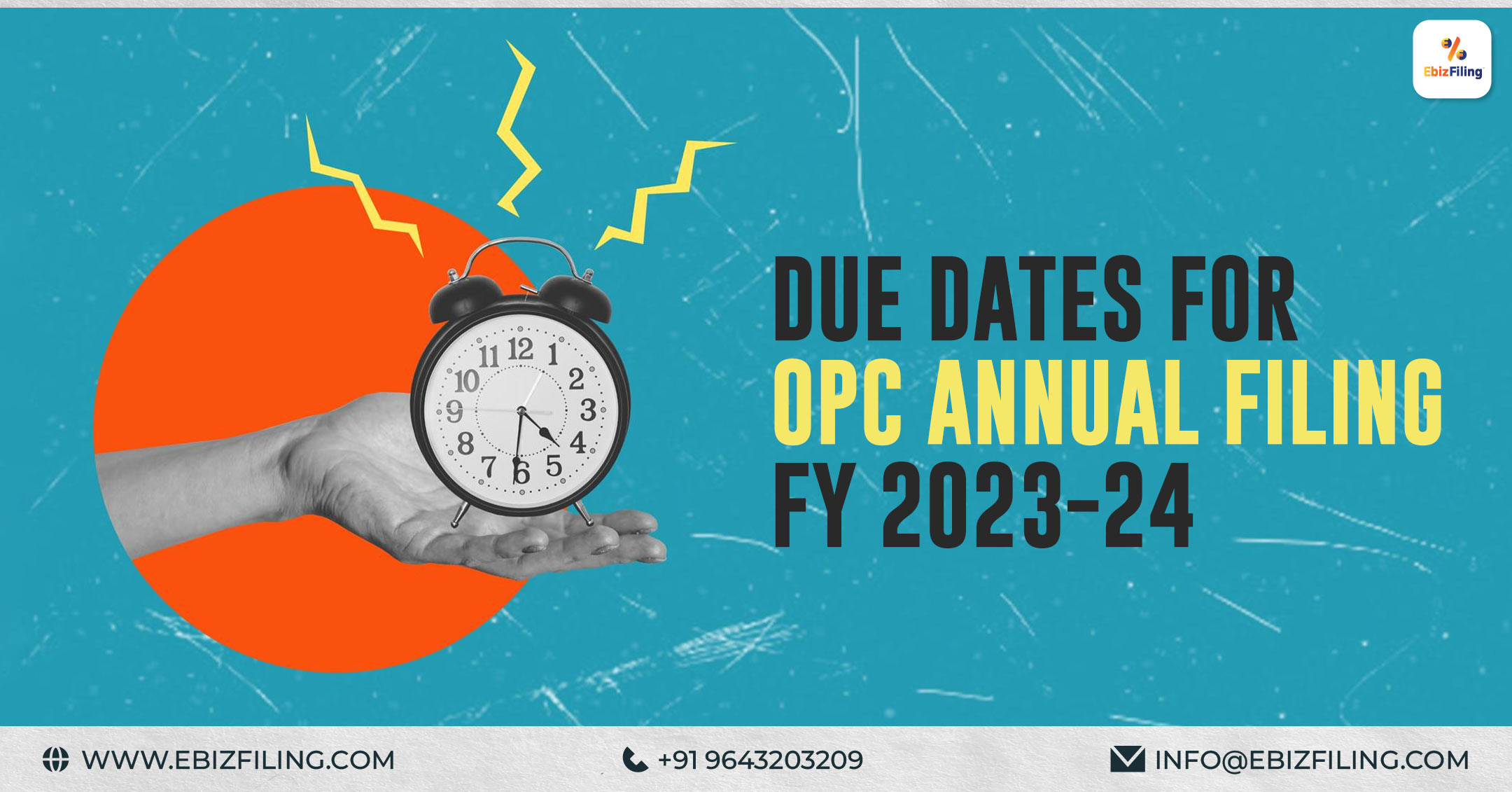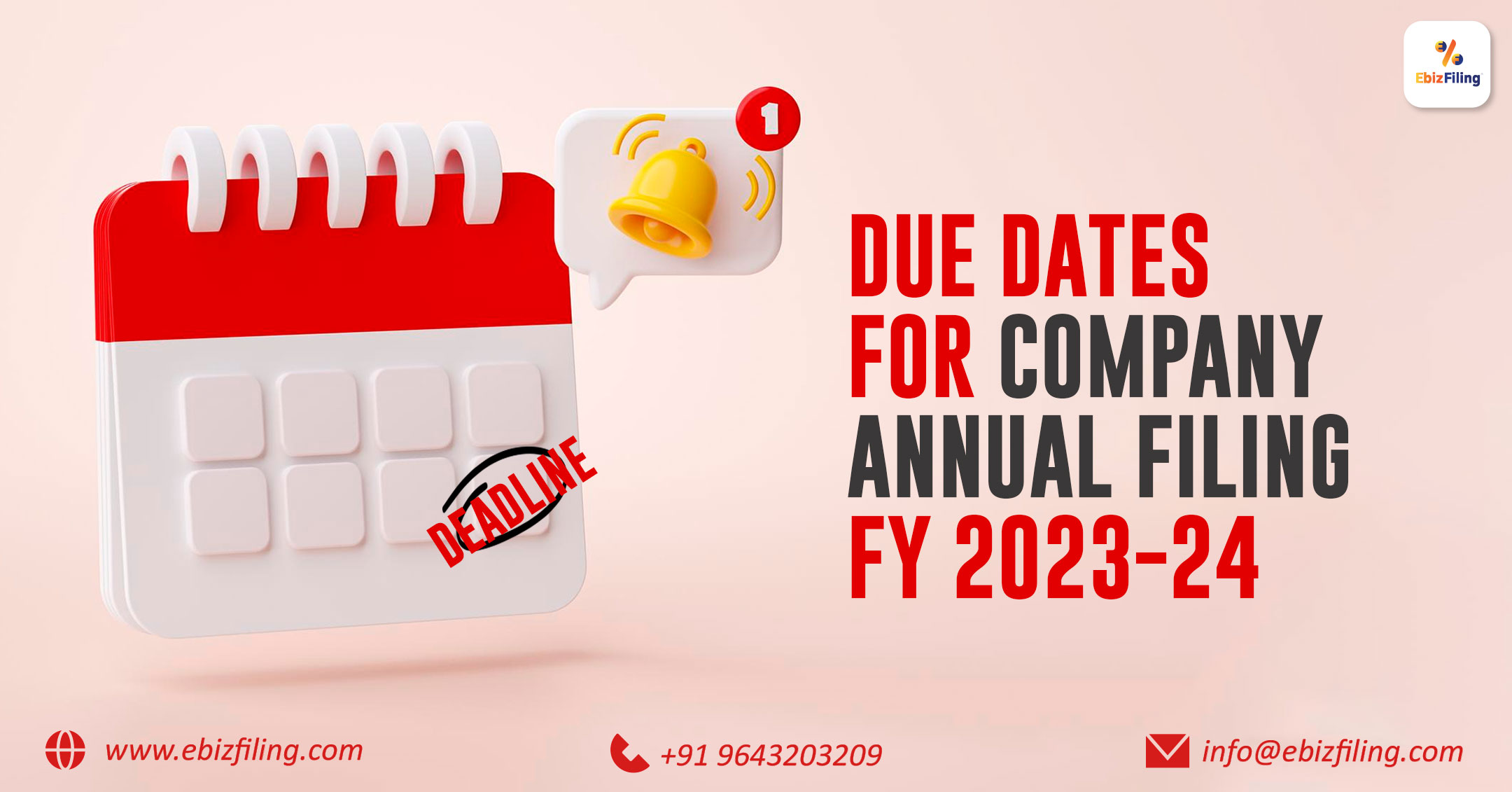
-
May 18, 2022
What is Provident Fund in Income Tax?, 4 Types of Provident Fund and Tax Treatment of Provident Fund
Table of Content
Introduction
There are various types of provident funds that can be used for investments and monthly savings by individuals. The functioning and taxability of these funds differ from one another. They’re also subject to separate sets of rules. In this article information on “What is Provident Fund in Income Tax?”, Types of Provident Fund, and Tax treatment of Provident Fund is mentioned.
A provident fund is a pension plan in which 12% of an employee’s basic income is withdrawn on a monthly basis to contribute to the employee’s future savings. This deduction is funded by a percentage contribution from both the employer and the employee.
What is Provident Fund in Income Tax?
A provident fund is a type of security fund to which employees contribute a portion of their income and to which the employer also contributes on their behalf. The exemption on the amount added to the provident fund is defined under sections 10(12) of the Income Tax Act.
The Provident Fund requires both the employer and the employee to contribute 12% of their PF income. The Employees’ Pension Scheme receives 8.33 percent of the employer’s contribution, while the Employees’ Pension Fund receives the remaining 3.67 percent. The employer’s payment to the Employees’ Deposit-Linked Insurance Scheme is 0.50 percent, and administrative fees are also 0.50 percent.
4 Types of Provident Fund
-
Recognized Provident Fund
All establishments with 20 or more employees are subject to the Provident Fund Act of 1952. The establishments covered by the scheme have the option of applying for the government-approved scheme or founding their own Provident Fund trust. The establishments can join the PF (Provident Fund) Act 1952, which is a recognized provident fund, which is a government-approved system. Alternatively, the employer and employee of the organization may form a trust to establish a provident fund scheme, with funds invested in accordance with the Provident Fund (PF) Act of 1952. Before it can be labeled as a recognized provident fund, the scheme must be approved by the commissioner of income tax.
-
PPF (Public Provident Fund)
For the general population, the government has established a provident fund. By creating a public provident fund account with an authorised bank, anyone can contribute to this scheme. Amounts ranging from INR 500 to INR 1,50,000 can be deposited. Following the completion of 15 years, the PPF (Public Provident Fund) corpus can be entirely withdrawn.
-
Statutory Provident Fund
The Provident Funds Act of 1925 established this plan. It is intended for government employees, accredited educational institutions, railways, universities, and other similar organizations. The General Provident Fund is another name for Statutory Provident Fund. The government adjusts the interest rates on General Provident Funds on a regular basis. Employees in the private sector are not covered by the General Provident Fund (GPF).
-
Unrecognized Provident Fund
If the commissioner of income tax does not approve the provident fund program established by the employer and employee (as described in Recognized Provident Fund), the scheme is considered unrecognized.
Related Read: How to Link Aadhar with EPFO?
Tax Treatment of Provident Fund
-
Tax on Recognized Provident Fund
When an employer’s contribution to a provident fund reaches 12 percent, it is taxed. The employee’s contribution to the provident fund is taxed.
Tax will be deducted if the rate of interest credited to the provident fund is greater than 9.5 percent. The retirement payment is tax-free if the following conditions are met:
-
If the employer-provided 5 years or more of continuous service.
-
If the employee was fired for a variety of reasons, including health concerns, the employer’s decision to stop doing business, and so forth.
-
If an employee resigns and then returns to work for another company.
-
If the employee’s complete credit balance is transferred to his or her account under a pension system under section 80CCD.
-
Tax on PPF (Public Provident Fund)
The contribution of an employer to a provident fund is taxed. The interest and retirement payments credited to the provident fund are tax-free.
-
Tax on Statutory Provident Fund
The employer’s contribution to the provident fund is tax-free, while the employee’s contribution is taxed. Tax-free interest and retirement payments are credited to the provident fund.
-
Tax on Unrecognised Provident Fund
Employer contributions to a provident fund are tax-deductible. Under the following circumstances, the retirement payment is taxable:
-
Under the heading Salaries, payments received in respect of the employer’s contribution and interest are taxed.
-
Payments received in exchange for interest on an employee’s contribution are taxable as income from other sources.
-
Payments received in exchange for an employee’s contribution are not taxed.
Summary Table for PF Exemption
Conclusion
The government has established numerous types of provident funds to encourage employees to save for their social security. In many circumstances, the employer also contributes a specified proportion of the employee’s salary to these accounts. The full amount of the donation, plus interest, is credited to the employee’s account. He will be paid from this money when he retires, as well as on other significant events. The employee’s heirs will receive the entire sum if he dies.
Provident Fund Return
File error-free PF Returns and in-time. File your PF returns through experts ebizfiling.com.
About Ebizfiling -

26 thoughts on “4 Types of Provident Fund and Tax Treatment of Provident Fund”
Leave a Reply
Reviews
-
Ebizfiling India private limited is a greatest platform for all services in one platform .my private company was incorporated so easily. The entire team are very humble and friendly
-
My requirement was fulfilled on time. the customer care response is very prompt.
-
The services are excellent. The staff was very helpful and professional. They explained the procedure and guided through every process and kept us informed of what was happening.











Wow that was strange. I just wrote an very long comment but after I clicked submit my comment didn’t show up. Grrrr… well I’m not writing all that over again. Regardless, just wanted to say fantastic blog!
Hi Marjorie,
Your feedback means a lot to us, and we’re grateful for your support. If you ever have any questions or need assistance, please don’t hesitate to reach out to us at info@ebizfiling.com or give us a call at +919643203209. We’re here to help!
Its like you read my mind! You appear to know a lot about this, like you wrote the book in it or something. I think that you can do with a few pics to drive the message home a little bit, but instead of that, this is fantastic blog. A great read. I’ll certainly be back.
Hi Latia,
Thank you so much for taking the time to share your feedback. Your feedback inspires and motivates us to continue delivering the best service possible.
For any query kindly contact us at info@ebizfiling.com or +919643203209
Hey there! This is my first visit to your blog! We are a team of volunteers and starting a new project in a community in the same niche. Your blog provided us valuable information to work on. You have done a wonderful job!
Hi Maritza,
Your feedback means a lot to us, and we’re grateful for your support. If you ever have any questions or need assistance, please don’t hesitate to reach out to us at info@ebizfiling.com or give us a call at +919643203209. We’re here to help!
Greetings! Very helpful advice within this article! It’s the little changes that will make the largest changes. Thanks a lot for sharing!
Hi Tanja,
Thank you so much for taking the time to share your feedback. Your feedback inspires and motivates us to continue delivering the best service possible.
For any query kindly contact us at info@ebizfiling.com or +919643203209
I quite like reading through a post that can make people think. Also, many thanks for allowing for me to comment!
Hi Dylan,
Thank you for your valuable time and giving us the feedback. Feel free to connect us at info@ebizfiling.com or +919643203209 for any query. We are here to help.
What’s up, I read your new stuff regularly. Your story-telling style is awesome, keep doing what you’re doing!
Hi Sean,
Thank you for taking the time to share your feedback. We are grateful to have users like you who contribute to the positive and vibrant community surrounding our website. For any further assistance, kindly contact us at info@ebizfiling.com or +919643203209.
No matter if some one searches for his required thing, so he/she needs to be available that in detail, so that thing is maintained over here.
Hi Jayden,
Thank you for your kind words. We are thrilled to hear that you had a positive experience. For any further assistance, kindly contact us at info@ebizfiling.comm +919643203209.
Thanks for the good writeup. It in fact used to be a entertainment account it. Glance complicated to far added agreeable from you! By the way, how could we communicate?
Hi Carmella,
Thank you for your kind words. We are thrilled to hear that you had a positive experience. For any further assistance, kindly contact us at info@ebizfiling.com +919643203209.
Thanks for your marvelous posting! I definitely enjoyed reading it, you can be a great author.I will ensure that I bookmark your blog and definitely will come back sometime soon. I want to encourage that you continue your great posts, have a nice holiday weekend!
Hi,
Thank you so much for your kind words! We are delighted to hear that you had a positive experience with our service. Feel free to contact us at info@ebizfiling.com or +919643203209. We are here to help.
Nice respond in return of this query with solid arguments and telling the whole thing on the topic of that.
Hi Wally,
Thank you so much for your kind words! We are delighted to hear that you had a positive experience with our service. Feel free to contact us at info@ebizfiling.com or +919643203209. We are here to help
Good day I am so delighted I found your website, I really found you by mistake, while I was searching on Bing for something else, Anyways I am here now and would just like to say thank you for a marvelous post and a all round entertaining blog (I also love the theme/design), I don’t have time to look over it all at the minute but I have bookmarked it and also included your RSS feeds, so when I have time I will be back to read a great deal more, Please do keep up the fantastic b.
Hi Deborah,
Thank you for your kind words. For any further assistance, kindly contact us at info@ebizfiling.com +919643203209
I was suggested this website via my cousin. I am now not positive whether or not this submit is written by means of him as no one else recognise such specified about my difficulty. You are incredible! Thank you!
Hi Amelia,
Thank you for taking the time to share your feedback. For any further assistance, kindly contact us at info@ebizfiling.com or +919643203209.
You have made some good points there. I looked on the net for more information about the issue and found most people will go along with your views on this web site.
Hi Roxana,
Thank you for your kind words. For any further assistance, kindly contact us at info@ebizfiling.com or +919643203209